 A recent and somewhat vexatious – though in truth fairly mild – infection at the root of one of my molars has caused me to enter into my much dreaded decennial engagement with the amalgam of dentists. This suitably apposite collective noun, incidentally, (see what I did there?) comes courtesy of a rather wonderful website called ‘All Sorts‘, whose splendid ‘mission statement’ reads thus:
A recent and somewhat vexatious – though in truth fairly mild – infection at the root of one of my molars has caused me to enter into my much dreaded decennial engagement with the amalgam of dentists. This suitably apposite collective noun, incidentally, (see what I did there?) comes courtesy of a rather wonderful website called ‘All Sorts‘, whose splendid ‘mission statement’ reads thus:
“All Sorts is a collection of collective nouns that may or may not have found their way into the Oxford English Dictionary. If you think that a charismatic collective is far superior to a dullard ‘bunch’ or ‘flock’ then this is the place for you.”
I digress!
Now – I know that those of you who are of North American origin will have a totally different outlook to us Brits when it comes to oral maintenance. I know this because the Kickass Canada Girl is at pains to point out the fact. Frequently! To understand the loathing that my generation has of all things carnassial one must revisit a little post-war English dental history. To quote from the online ‘Dentist Forum’ – in response to an item in the tabloid press concerning the perceived neglect of dental hygiene in the UK:
“What he fails to mention is the over treatment by dentists to anyone who is now aged around 50 or 60 will have suffered in their younger years. Many of this age group had the drill, drill and more drilling treatment. It wasn’t unusual as a child to visit the dentist for a check up in the 1960s and be told “that’s 10 fillings you need”. If many of this age group had only visited a dentist occasionally in their childhood, perhaps only when in pain, they would have had less unnecessary treatment and their teeth might be in better shape now.”
I was one such child. My memories of those two decades are of almost constant toothache – subsequent to each visit to the dentist. By the time the pain had subsided it was time for another checkup. What with the endless fillings (not in truth helped by the lack of fluoridation in drinking water in England at that point, nor by the sweet tooth that I inherited from my mother!) and the impacted wisdom teeth, I had a pretty rough time of it.
To cap it all I had a gap between my two front teeth. It was not a massive gap and nor was it unsightly. In truth was rather fond of it. The dentist – however – persuaded my parents that it should be fixed and I was reluctantly forced to wear a hideous and uncomfortable brace. I hated the thing so much that I avoided wearing it whenever I could get away with it. Eventually the dentist started to smell a rat – suspicious of the lack of progress. Finally my brother resolved the issue inadvertently on the cricket green by breaking one of my front teeth with a particularly vicious short-pitched delivery. The resulting cap removed the gap once and for all.
Dentistry has changed – of course – out of all recognition. Such barbarism as we knew in the 60s is a thing of the distant past. My practice now even calls me up the day following treatment to check that there has been no resultant discomfort. The surgery has more technology than NASA and can engineer a perfect set of teeth with laser like precision whilst rotating 3D animations of my molars on a large flat screen for my education and edification.
I was fitted – the other day – with a temporary crown; the which involves quite a lengthy procedure. There was at no stage – either during the treatment or at any point thereafter – any pain at all (unless one counts the cost of the procedure – which is eye-watering in much the same way as is a boot to the testicles!).
There remains but one complaint. The drill! It is not that it causes any discomfort these days – but the sound of the thing is exactly as I remember it from my youth. As a result my visits to the dentist these days cause me to suffer grim psychological flashbacks to my childhood some five decades ago.
Now – if they could only fix that…

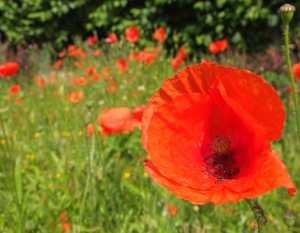

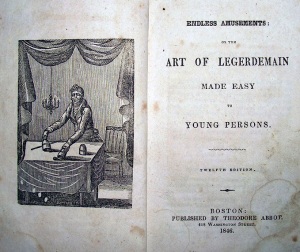

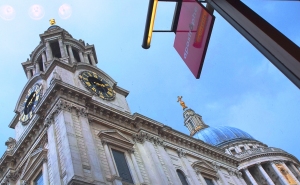
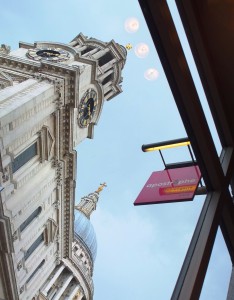

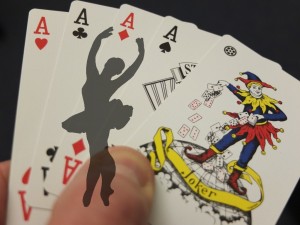

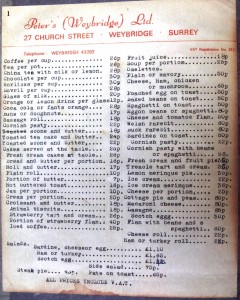

Recent Comments